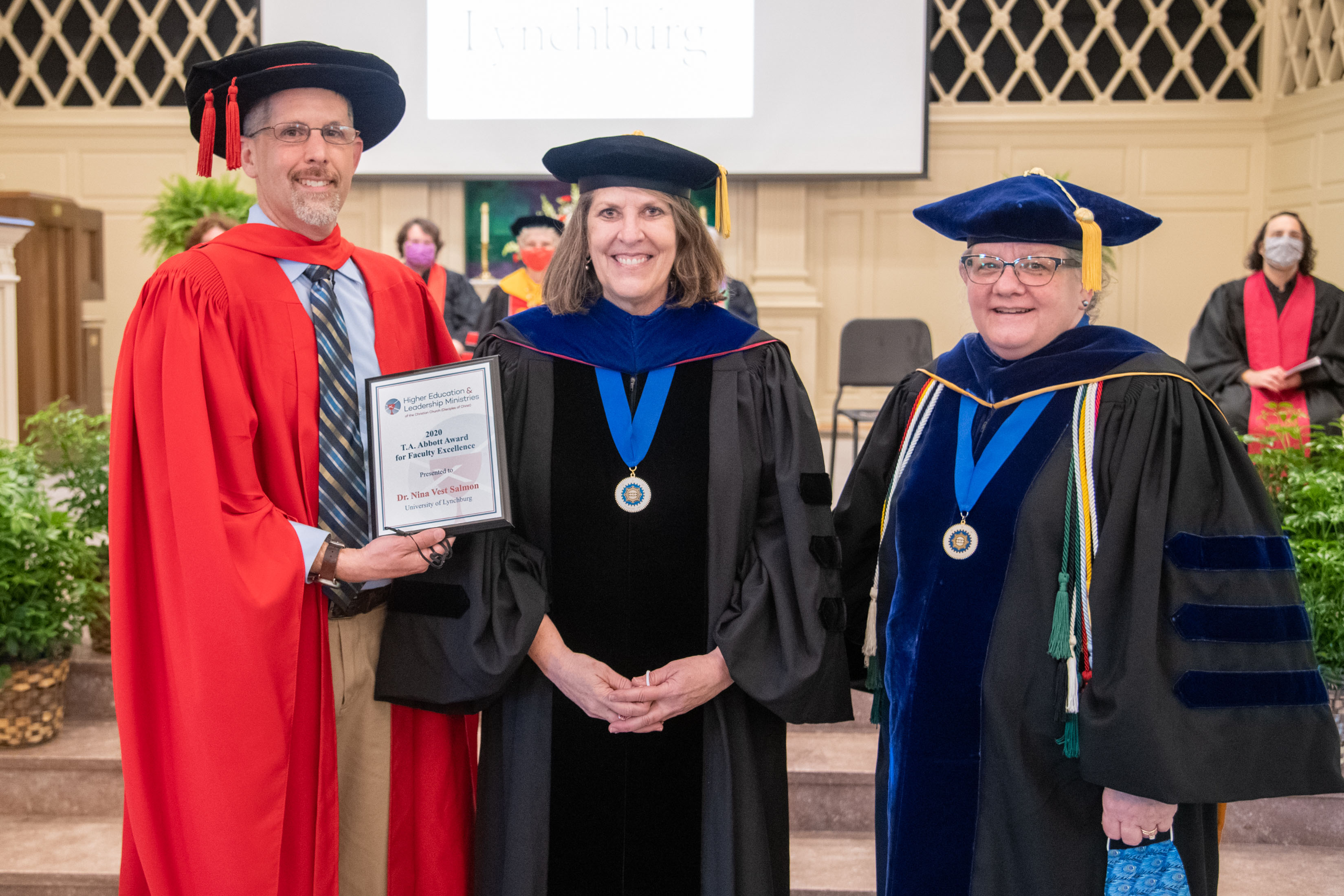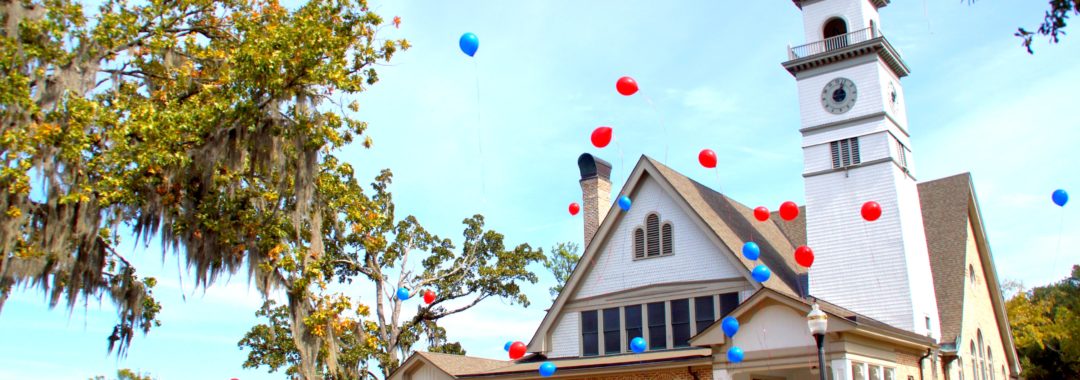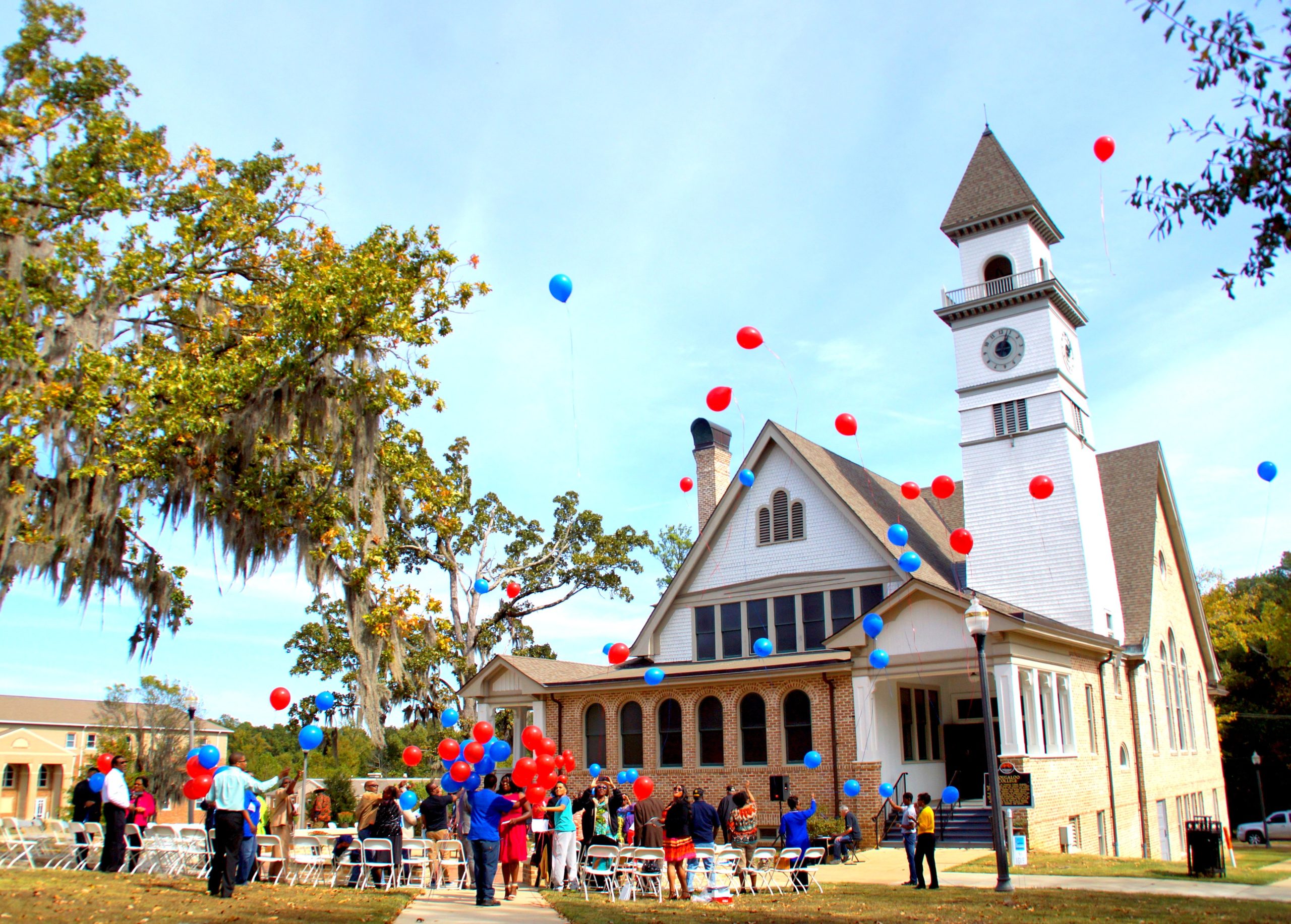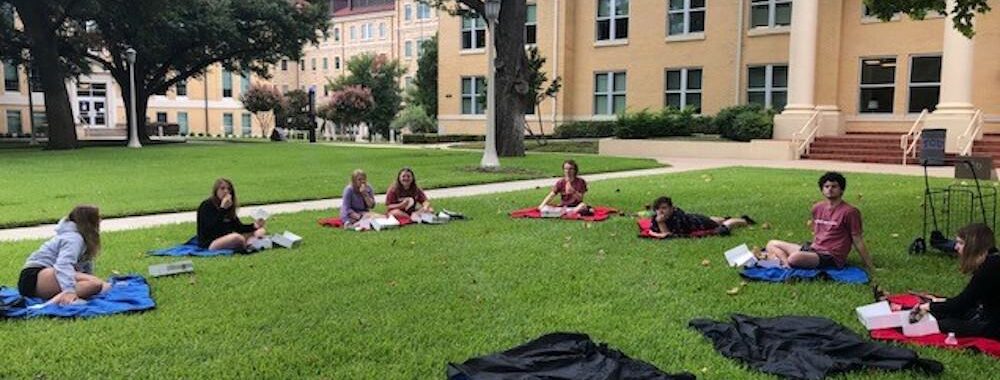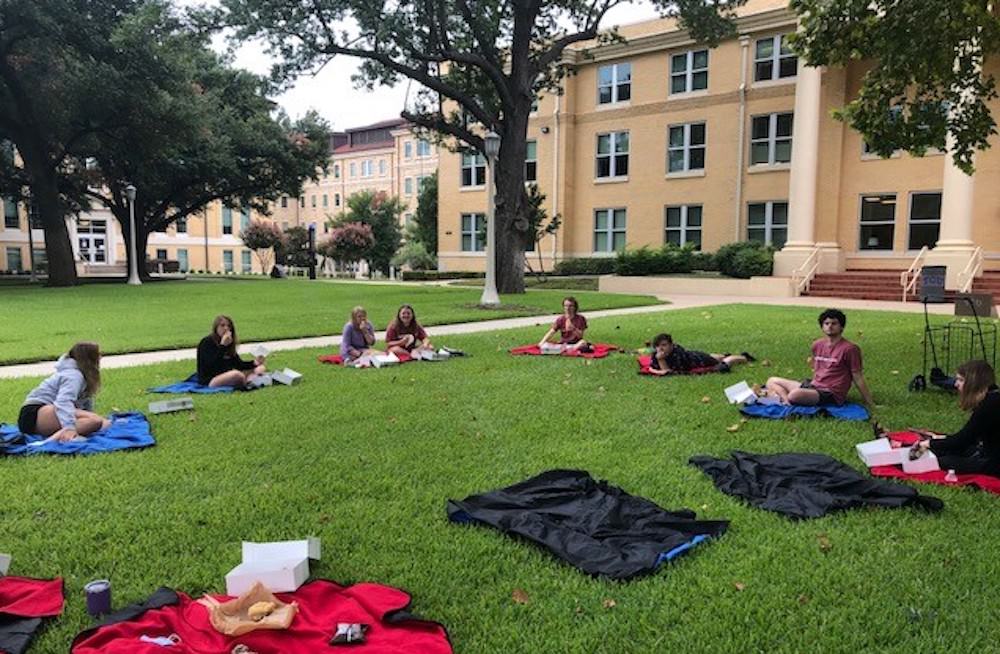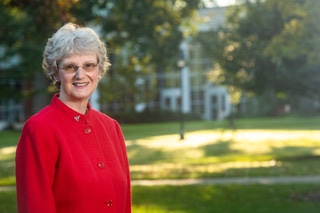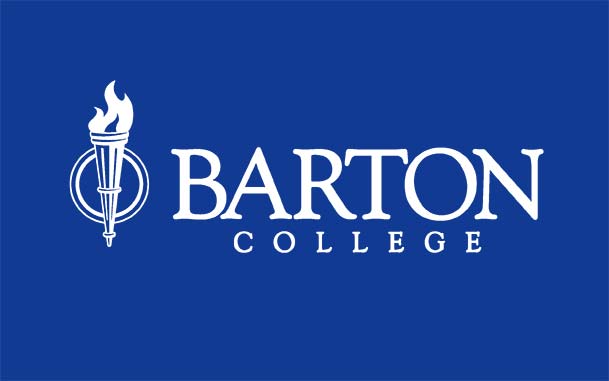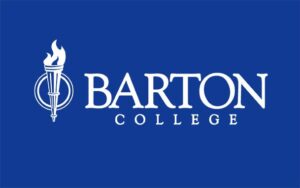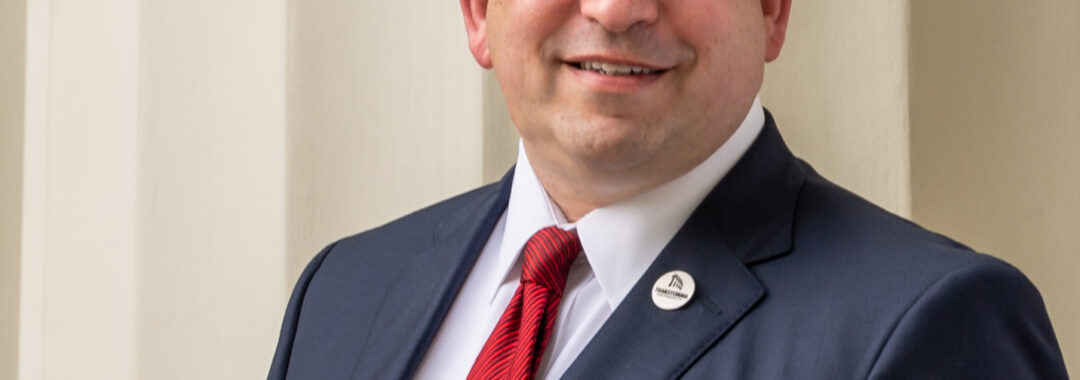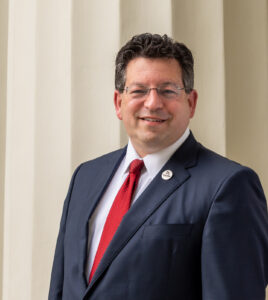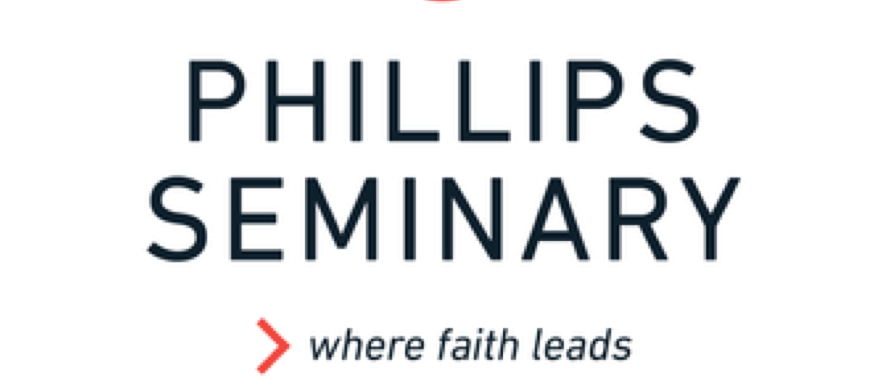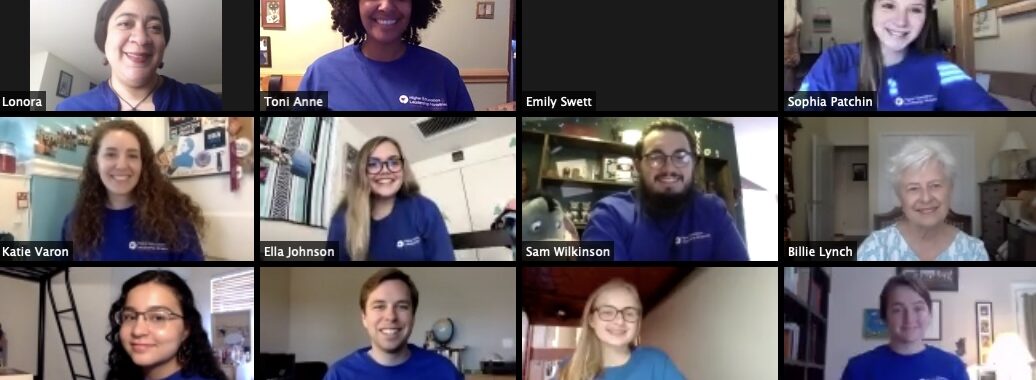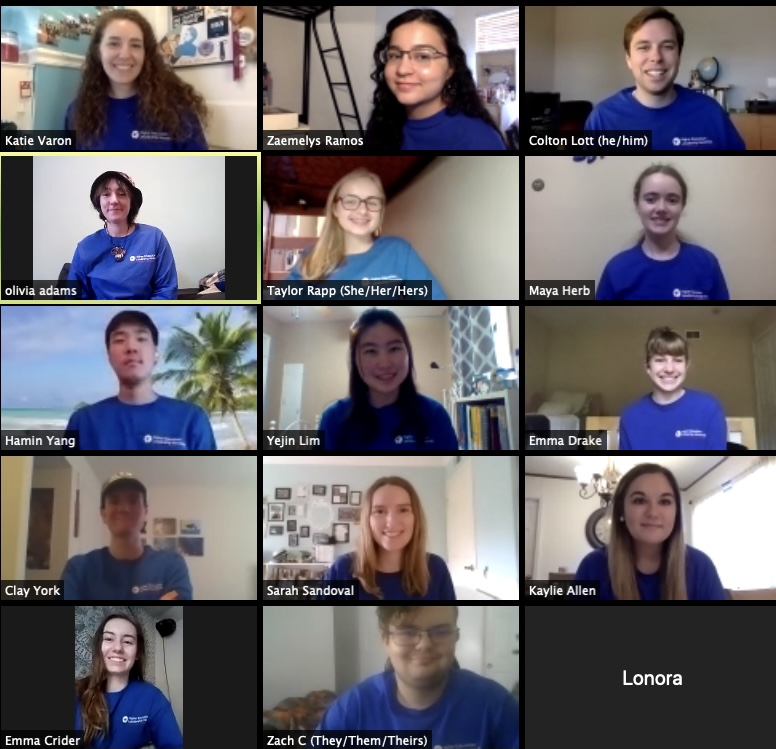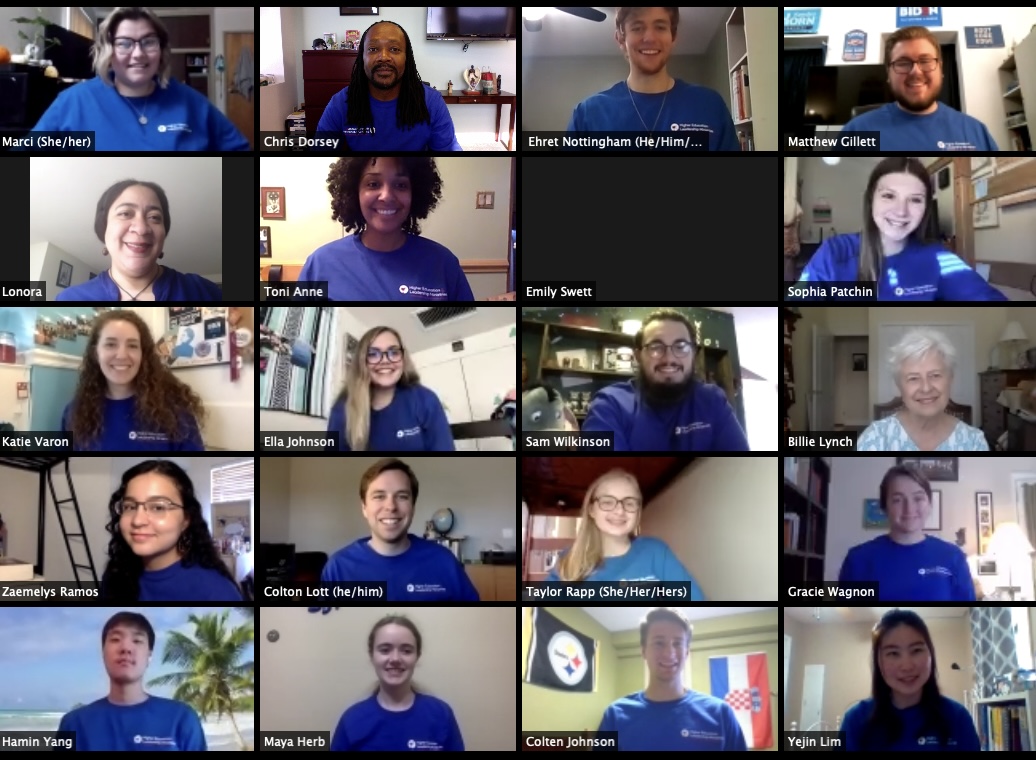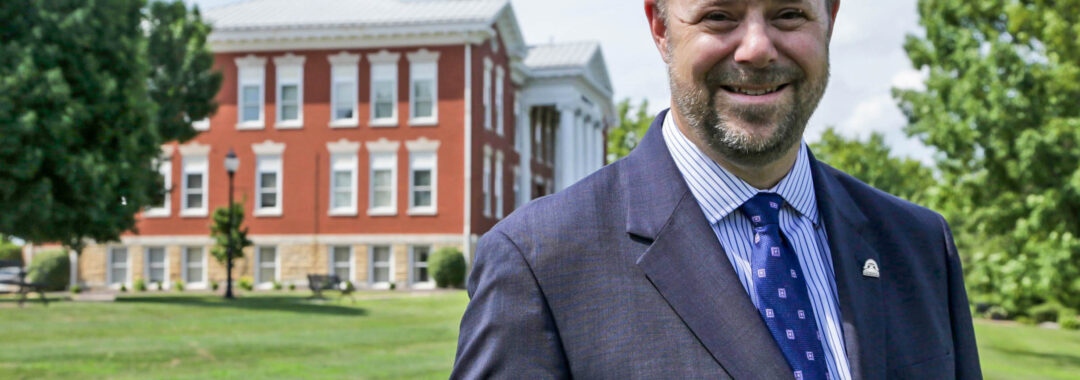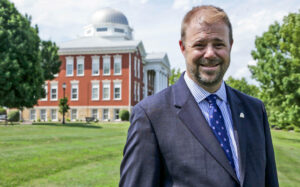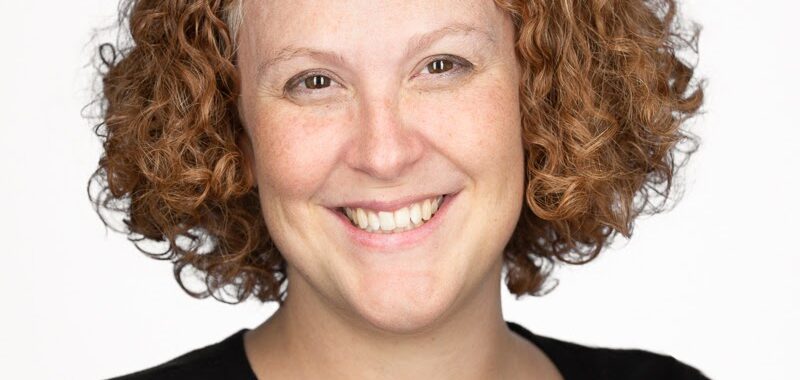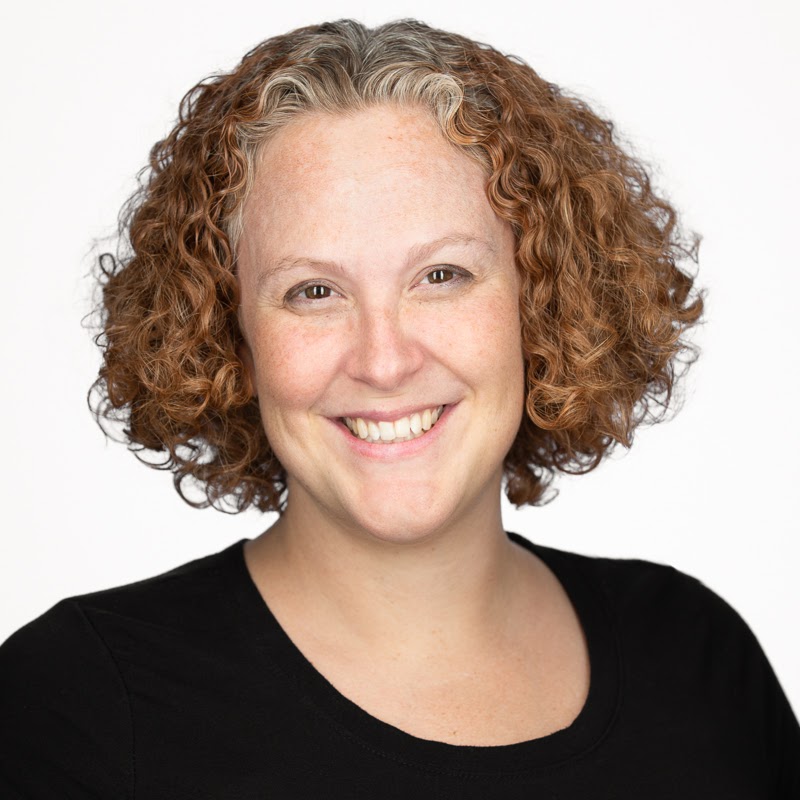The TA Abbott Award for Faculty Excellence was presented to Dr. Nina Vest Salmon as part of the University of Lynchburg’s baccalaureate service on May 19, 2021. This year marks the 33rd presentation of this award to a faculty member at a Disciples of Christ related college or university that, by their teaching and personal example, inspire students towards excellence.
Dr. Salmon, who has taught at the university since 1997, is an Associate Professor of English and an ordained priest in the Episcopal Church. She is also the Director of the Senior Symposium, a capstone course that every graduating senior must take. As director, she and a team of faculty guide students through self-reflection, critical thinking, and core reading texts. Themes from past seminars have included “Pursuit of Happiness: Health, Wealth and Life Choices,” “Information and Misinformation: Media, Morality, Manipulation,” and “Effecting Change: Rebellion, Resistance, Advocacy.” Dr. Allison Jablonski, Provost of the university, wrote in her letter nominating Dr. Salmon that while hundreds of students take this course each year, Dr. Salmon handles any problems or issues smoothly and with grace. She went on to write that the key that enables her to do so is that Dr. Salmon sees every student and faculty member as a child of God, and she makes an intentional, deliberate choice to love those students who face the most challenges.
Dr. Salmon’s academic interests include the study of race and equality in Southwest Virginia, and she often takes her students to visit the Anne Spencer House in Lynchburg for service learning. Anne Spencer was a poet of the Harlem Renaissance, a civil rights activist, and hosted many important and influential intellectuals and activists such as Langton Hughes, George Washington Carver, Thurgood Marshall, and Martin Luther King Junior.
Dr. Jablonski shared that “At the Anne Spencer House, Dr. Salmon experiences an intersection of faith, service-learning, and education, and has studied and learned about the racial divides in her church, in her city of Lynchburg, and those that continue to exist today. She sees it as her call to educate her students about what once was but also to enable a vision for how it can be.”
In response to receiving the award, Dr. Salmon said, “I am humbled and honored. I’m grateful to work in a place where I’m surrounded by talented, supportive, encouraging people. I’m so very fortunate to be able to lead this bi-vocational life that blends a life of teaching with ordained ministry.”

